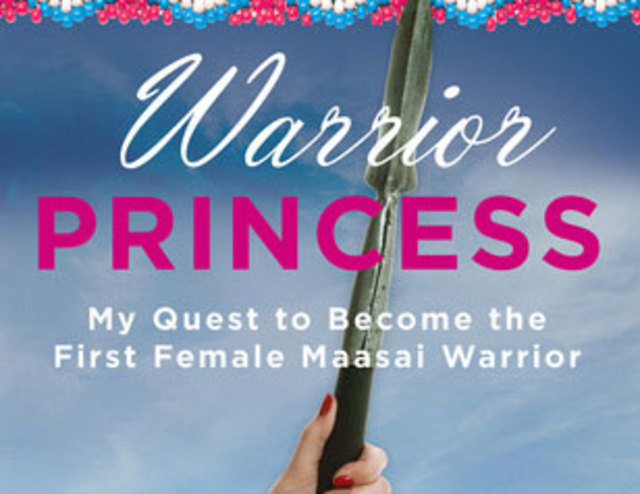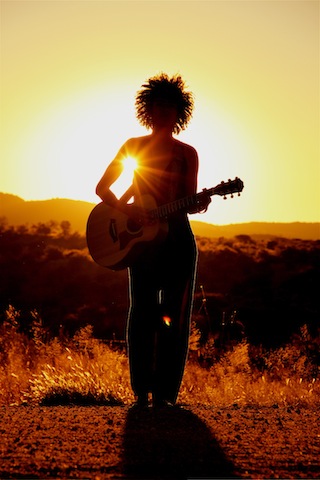From Colorlines: "When Mindy Budgor was 27 years old, she apparently tried to find meaning in her life by temporarily ditching her wealth in Santa Barbara and jetting over to hang with the poor people of Kenya." Read the full story, and my less than tempered response to yet another…
-
-
African Women in Tech: Learn More about SpeakYoruba App Developer, Abake Adenle
Welcome to my new series, African Women in Tech, and the first interview w/ Nigerian tech entrepreneur, Abaka Adenle, lead developer of the SpeakYoruba app.
-
To Nigerians Who Don’t Speak Any Native Nigerian Languages, And Their Bullies
Let's get something straight. There are lots of Africans who don't speak their native languages, for a variety of reasons, but they want to learn. But given that the pool of resources for learning indigenous African languages isn't as large as say, for Spanish, wouldn't it be more productive to…
-
Afrofeminism - Blog - Diversity - Diversity - Gender and LGBT Issues - Race, Culture, Ethnicity - The Political, Personalized
Straight Allies, White Anti-Racists, Male Feminists (and Other Labels That Mean Nothing to Me)
If my detest for words and definitions stems from anything at all it's the "allies" I've experienced in both my personal life and my work as an activist. I've met hundreds of "white allies," for instance, many of who profess their "consciousness" via some digital channel (e.g. an overly serious…
-
African Women Musicians: Queer Namibian Songwriter Shishani Launches Debut Album Campaign
One of my favorite African women artists, Shishani, has launched an IndieGoGo campaign to crowdfund her debut album, featuring her most popular singles, "Minority" and "Raining Words". I rarely post about media that isn't in the form of a review, but I've heard many of the tracks on the album…
Online rulet oyunları gerçek zamanlı oynanır ve online slot casino bu deneyimi canlı yayınlarla destekler.
İnternet üzerinden eğlence bahsegel giriş arayanlar için deneyimi vazgeçilmezdir.
Kullanıcıların hesaplarına hızlı ve sorunsuz bettilt ulaşabilmesi için adresi her zaman güncel tutuluyor.




